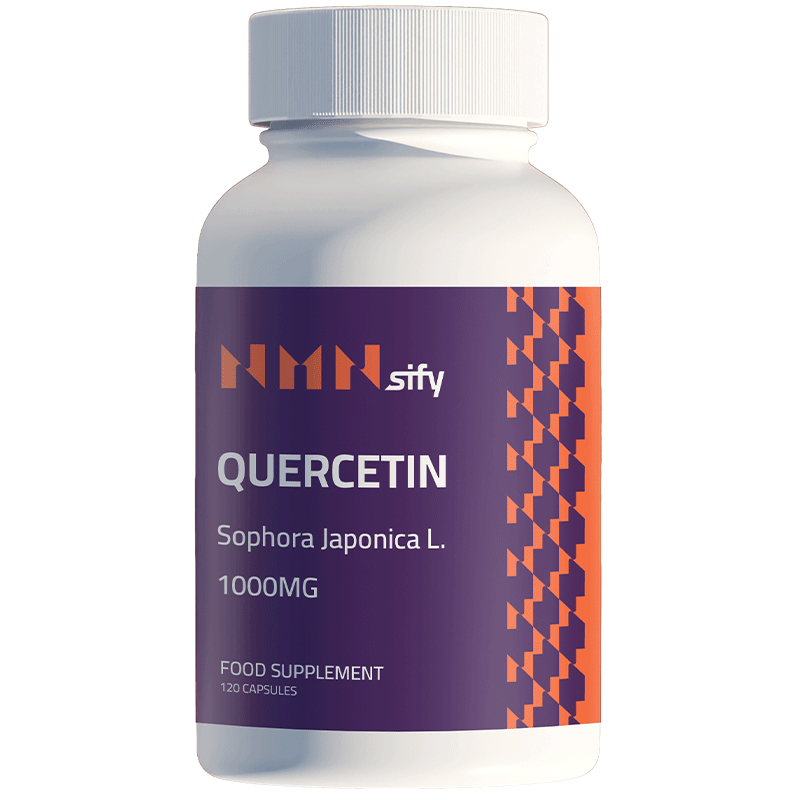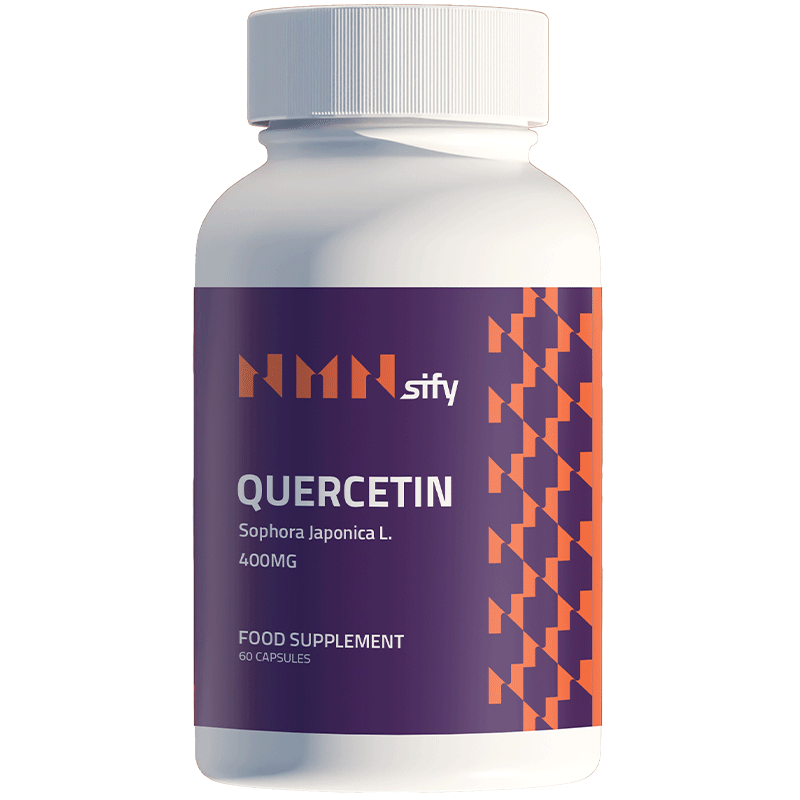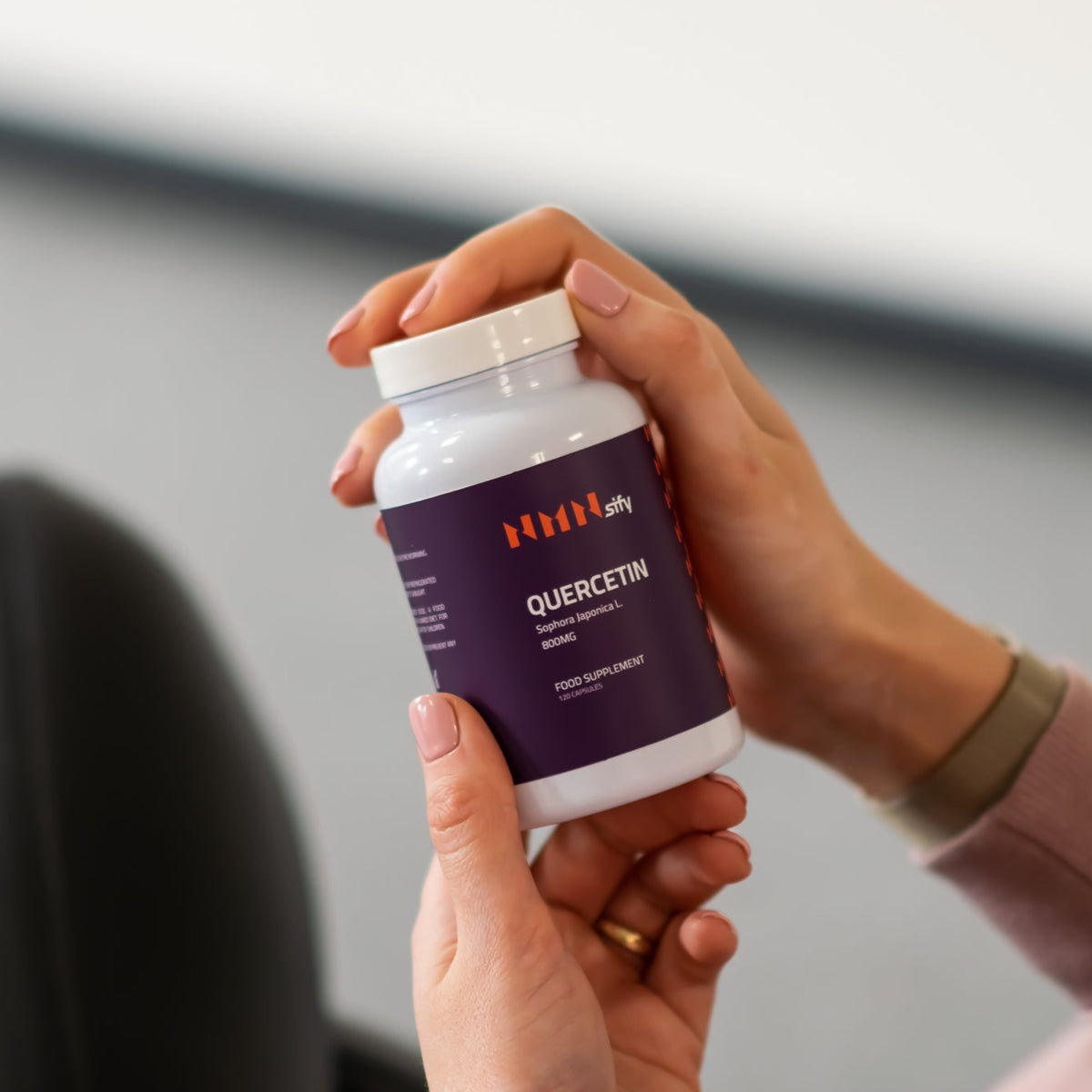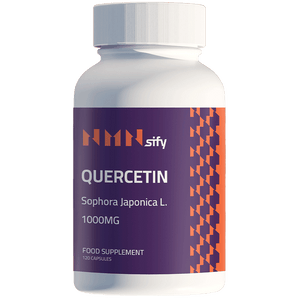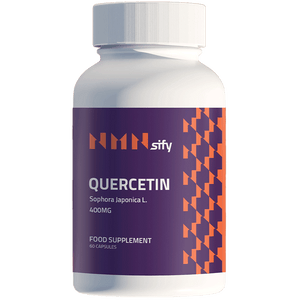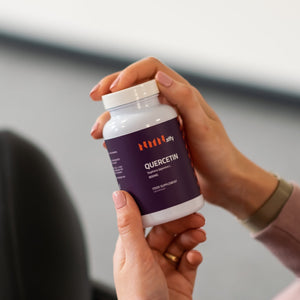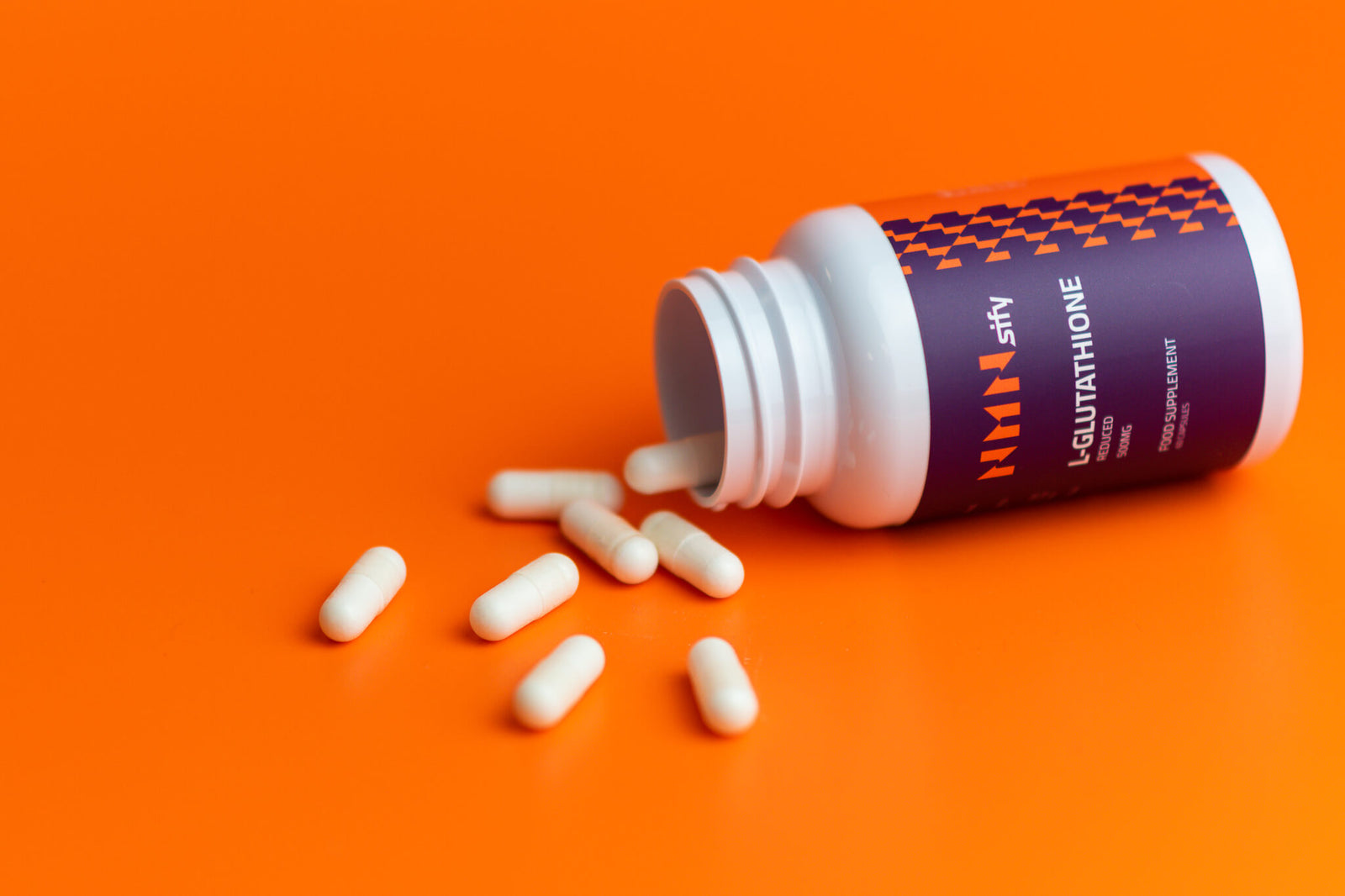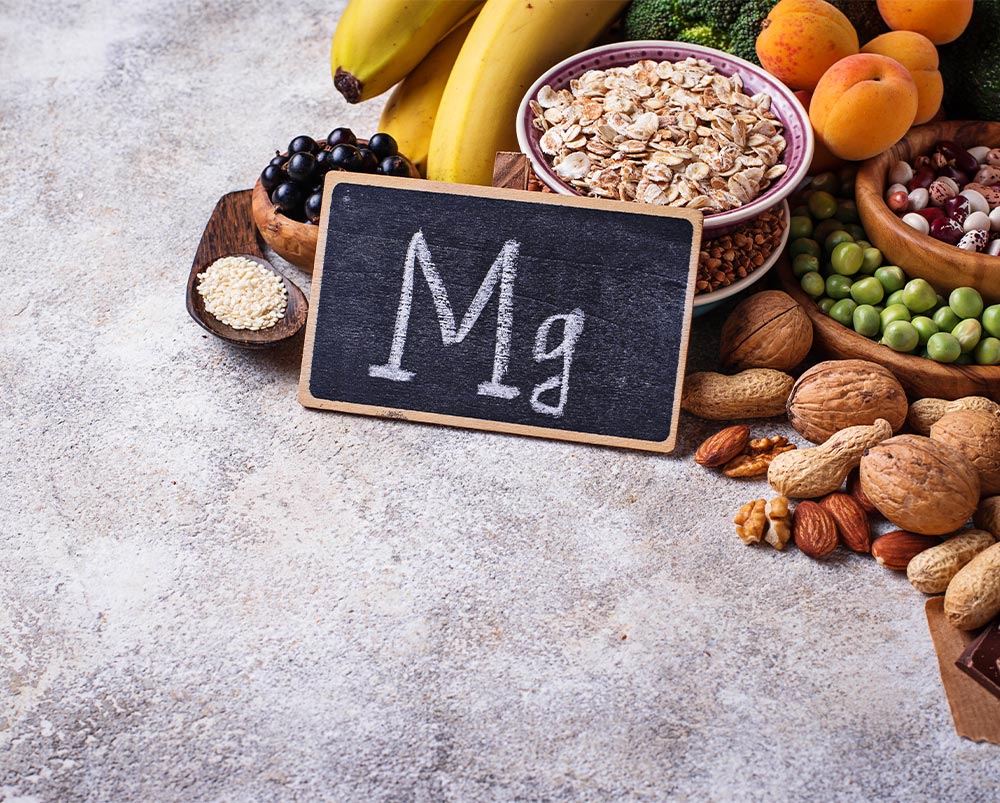Quercetin UK is a flavonoid found in many fruits, vegetables and black tea and has been linked to a variety of health benefits. In the UK, Quercetin is often taken as a supplement to promote general health and well-being.
Some potential Quercetin benefits include:
1. Antioxidant activity: Quercetin supplement is an antioxidant that can help protect the body from oxidative stress damage caused by free radicals.
2. Immune system support: Quercetin UK has anti-inflammatory properties that may help boost the immune system and reduce inflammation.
3. Cardiovascular health: Quercetin supplement has been linked to improved cardiovascular health, including lower blood pressure, cholesterol levels and protection from heart disease.
4. Cognitive function: Quercetin UK may also improve cognitive performance and memory retention and help in age-related diseases.
5. Allergy relief: Quercetin supplement may help reduce symptoms associated with seasonal allergies such as hay fever, making it a popular choice for allergy sufferers in the UK by regulating the release of histamine.
Overall, taking Quercetin UK as a dietary supplement made from Sophora Japonica may offer numerous benefits for overall health and well-being.
